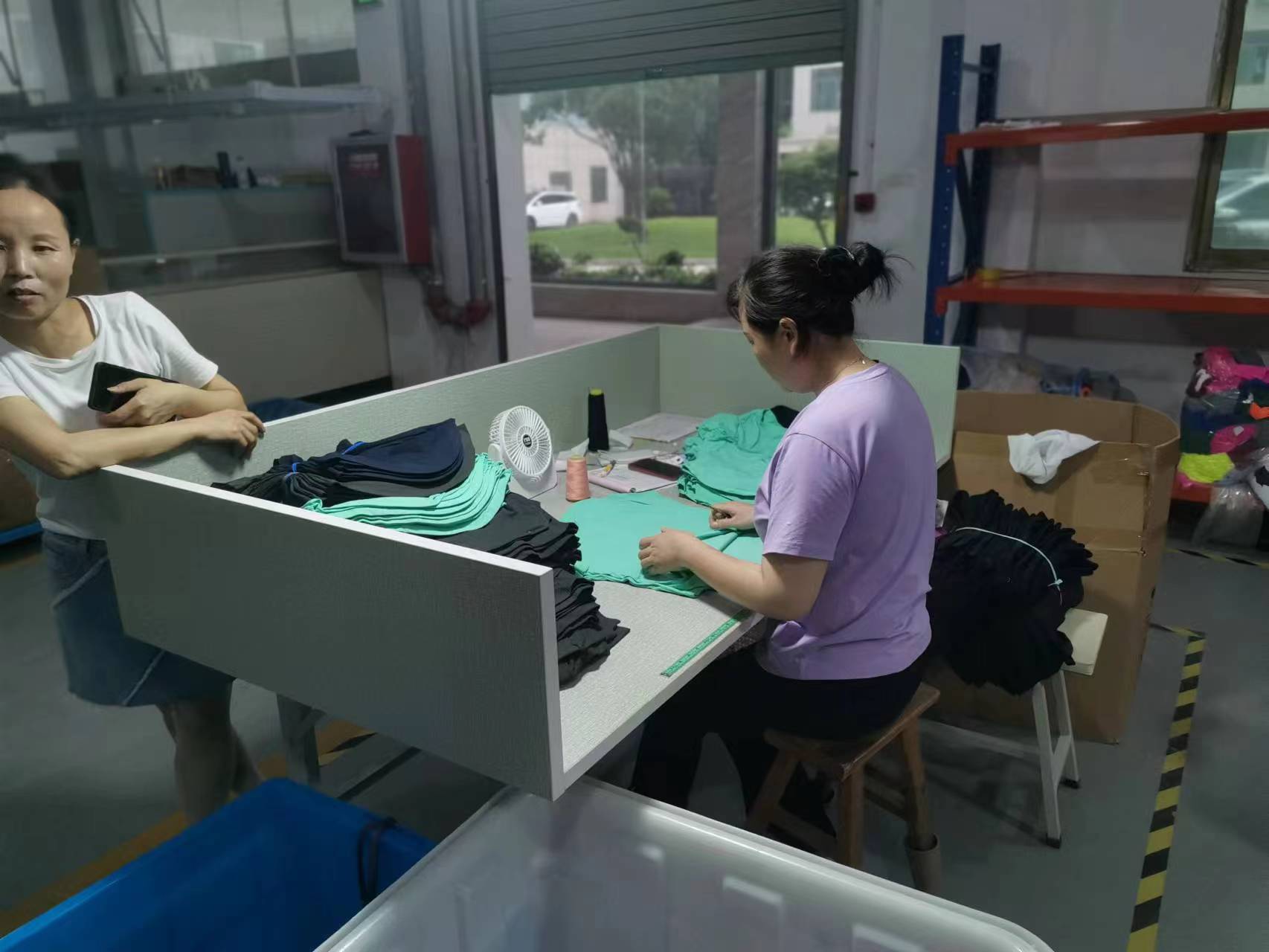The Importance of Clothing Quality
It goes without saying that quality is a basic prerequisite for a gym workout outfits to be accepted by the market.
Generally speaking, the use of stable and high-quality materials, skilled management personnel, and well-maintained equipment are the conditions required for the production of high-quality clothing by Activewear companies. However, it should be noted that quality issues are also closely related to production costs. Producing the best athletic clothes that are acceptable to the market at a reasonable cost is what many clothing suppliers hope for, which means that the quality pursued in business usually refers to acceptable quality.

2 Quality Guidelines for Clothing
Being recognized as an 'acceptable' level of quality mainly depends on the specific requirements for the product. The main factor is the need to comply with contract specifications and government regulations.
The first criterion enables clothing to be accepted by buyers, which is jointly set by buyers and suppliers during trade negotiations.
In trade negotiations, clothing suppliers should carefully consider the contract terms related to clothing quality, and must determine that the cost operation of the quality terms calculated at the time of quotation is feasible. Reasonable tolerances should be agreed upon, and testing and inspection methods and samples should be agreed upon based on mutual understanding of the constraints imposed on both parties.

Clothing supply should understand that the quality of Casual Activewear is defined by the buyer's process sheet, size table, and/or samples. He should carefully verify the specification requirements and seek clarification if unsure. For example, the measurement positions and tolerances in the dimension table should be checked to ensure that they have been clearly defined.
The second criterion enables clothing to be accepted by the market, which is set in regulations established by the legislative body of the government (usually the government of the importing country in international trade).
Clothing suppliers should also ensure that the company's database is updated with government legislation on clothing trade. All exported clothing must comply with local mandatory or regulatory standards and regulations in the importing country. Those regulations are generally related to the inherent quality of clothing and are designed to provide better protection for the environment and the health and life of the wearer.
In addition, suppliers should be aware that Article 35 (2. b) of the United Nations Convention on Contracts for the International Sale of Goods, adopted in 1980, stipulates that "unless otherwise agreed by the parties, unless the goods are suitable for any specific purpose expressed or implied by the seller at the time of contract conclusion unless the situation indicates that the buyer does not rely on the seller's skills or judgment, or that such reliance is unreasonable for the buyer, the goods are not in accordance with the contract". In other words, if the buyer wants to purchase a raincoat, even without detailed contract terms regarding fabric quality, the raincoat provided should be rainproof.

Of course, there should be a certain tolerance for quality specifications, otherwise they may often not be achievable or the cost cannot be borne. If the quality of clothing for an activewear women's clothing
manufacturer always approaches the upper limit of quality tolerance, the clothing supplier may be considered a good supplier; If the quality always approaches the lower limit, even if the quality is still acceptable, the supplier's reputation may be questioned.






